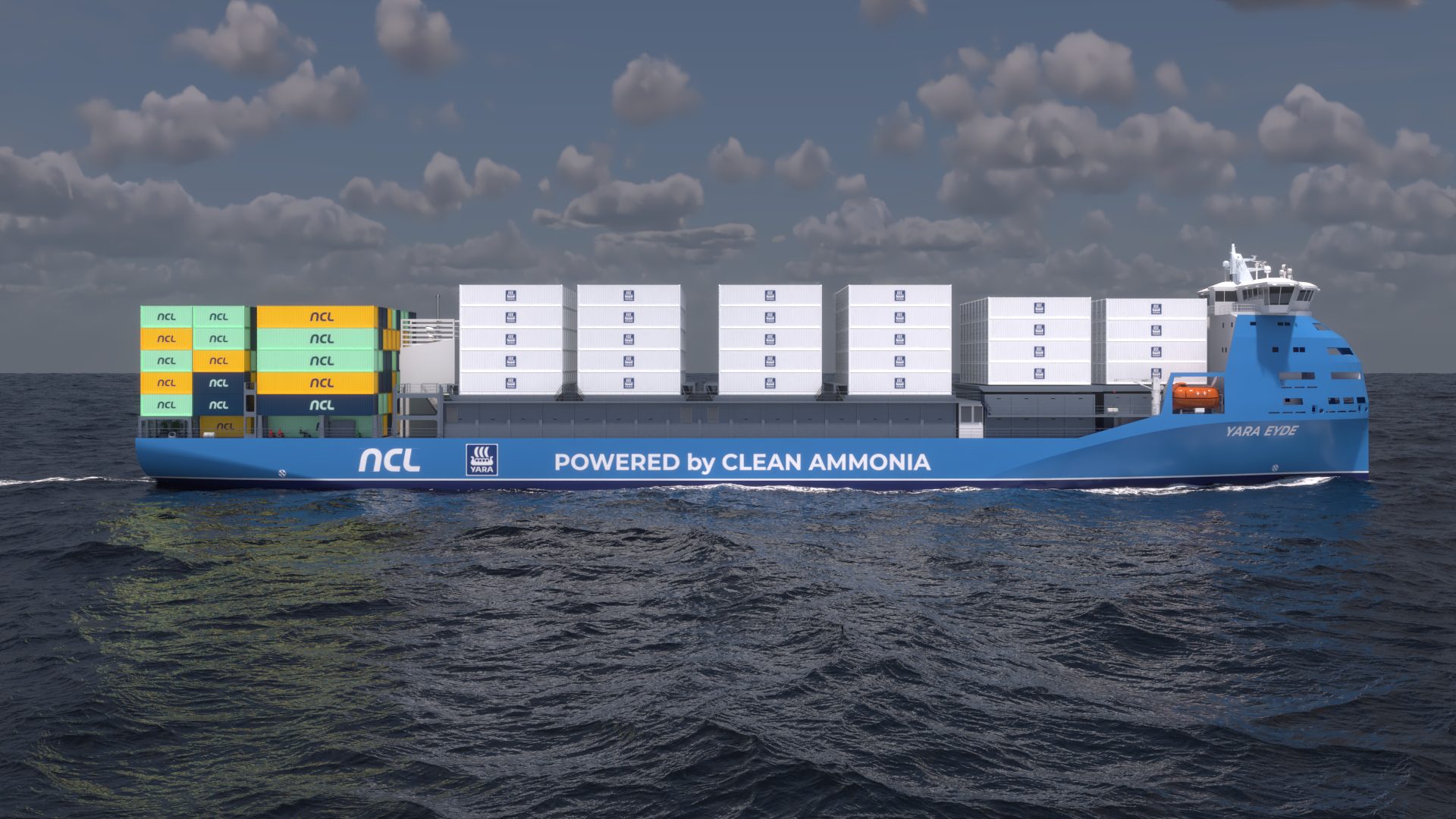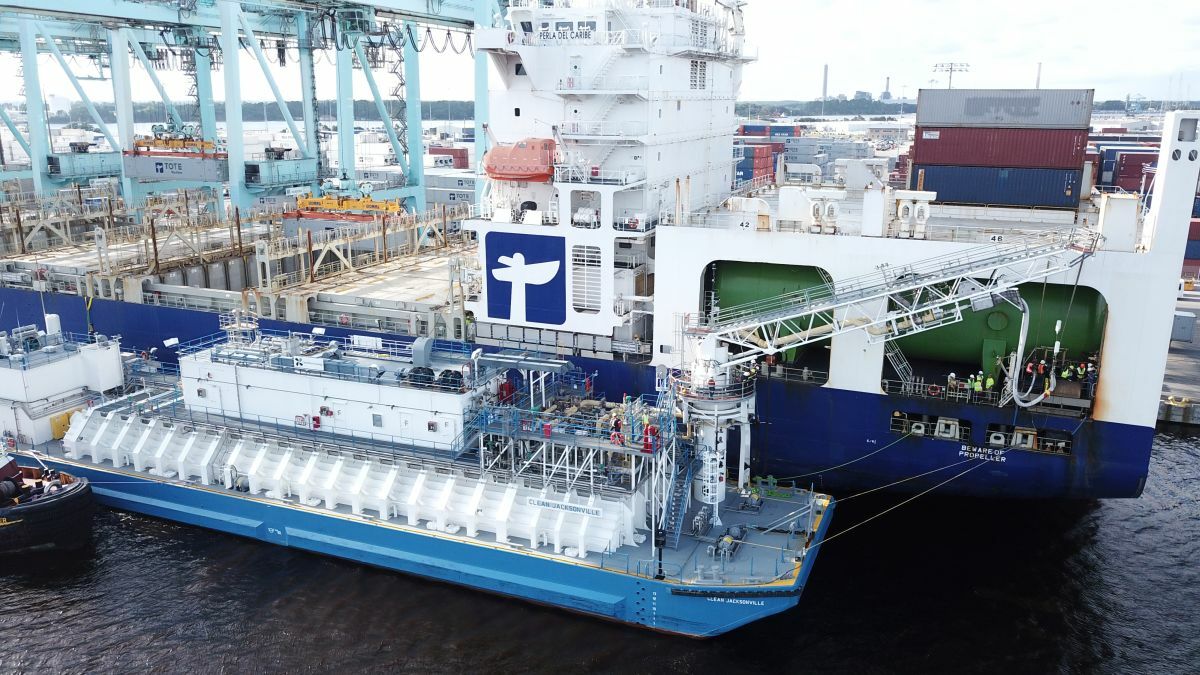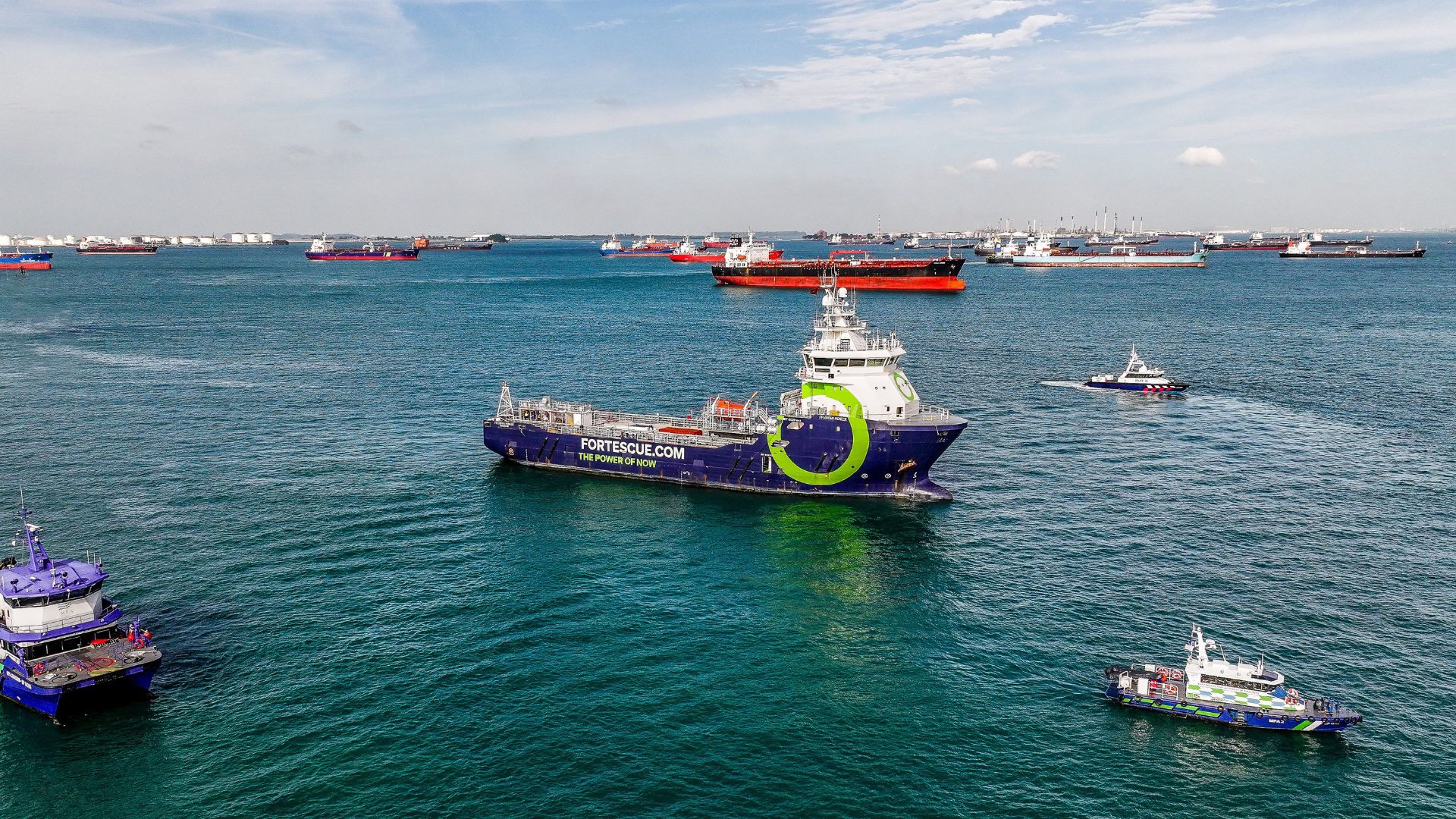Equinor and RWE have announced plans to work together to develop a large-scale value chain for low carbon hydrogen to help Germany phase-out its coal-fired power plants and decarbonize its power supply.
The plan will include the construction of new hydrogen-ready gas power plants, hydrogen production facilities in Norway, and offshore wind farms that will allow for the production of renewable hydrogen. The hydrogen produced in Norway will be exported to Germany via a newly constructed pipeline.
The plans are included as part a memorandum of understanding signed by the two energy companies on Thursday.
The new gas power plants, which will be jointly owned by Equinor and RWE, will initially run on natural gas and gradually transitioned to low-carbon hydrogen fuel as it becomes available. Ultimately, the plants will run fully on renewable hydrogen.
“Through this collaboration we will strengthen the long-term energy security for Europe’s leading industrial country while at the same time offer a viable route to a necessary energy transition for hard to abate industries,” says Anders Opedal, Equinor’s CEO and president. The collaboration has the potential to develop Norway into a key supplier of hydrogen to Germany and Europe. This is a unique opportunity to build a hydrogen industry in Norway where hydrogen also can be used as feedstock to domestic industries.”
The partnership is in support of Germany’s ambition to phase out all coal-fired power plants in the country by 2030.
The next decarbonization step is to replace natural gas with low carbon hydrogen, produced in Norway and delivered via a hydrogen pipeline to Germany, according to Equinor. Over time, large-scale renewable hydrogen production from offshore wind projects in Germany and Norway will complement and eventually replace low carbon hydrogen.
Construction of the pipeline is currently being evaluated by Norwegian state-owned gas pipeline company Gassco as part of a German-Norwegian feasibility study. The pipeline would initially transport low carbon hydrogen, produced by capturing more than 95 percent of the CO2 from natural gas, using existing and proven technologies.
“In order to make progress in the conversion from fossil fuels to hydrogen, there is an urgent need for a rapid ramp up of the hydrogen economy. Blue hydrogen in large quantities can make a start, with subsequent conversion into green hydrogen supply,” says Dr. Markus Krebber, CEO of RWE. “This is exactly what we are driving forward with our partnership – providing the industries with relevant quantities of hydrogen. In addition our planned investments into hydrogen-ready gas-fired power plant will ensure security of supply in a decarbonized power sector.”

 Join The Club
Join The Club










